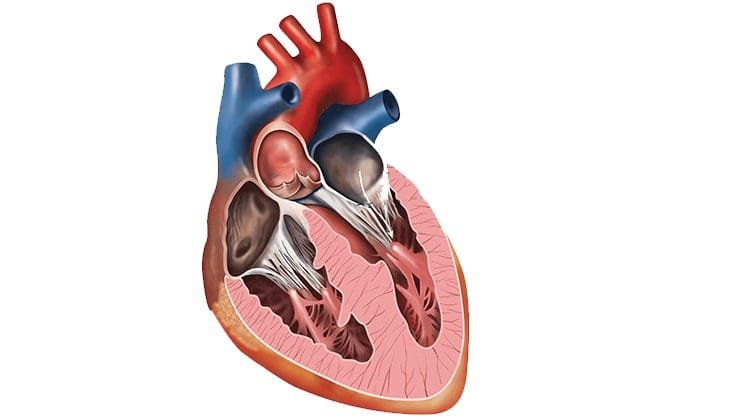What Is Valve Surgery?
Your heart is like a pumping machine with four chambers and connecting valves. These valves maintain the optimal blood flow to and from the heart to various body parts. Any damage to the valves can cause serious cardiac issues, affecting the heart’s ability to pump blood efficiently.
Valve surgery might be performed when the valve’s damage is severe. Valve surgery repairs or replaces damaged or diseased heart valves and restores normal blood flow.
Indications for Valve Surgery
Ailments such as stenosis (narrowing of the valve) or regurgitation (leakage) can occur due to congenital disabilities, infections, or just wear and tear over time.
Doctors suggest valve surgery when visible signs of cardiac issues, such as shortness of breath, chest pain, fatigue, and fainting, start to impact a person’s life or pose a risk to their health. During heart valve surgery, a cardiac surgeon either repairs or replaces the severely affected valves through open-heart surgery or minimally invasive heart surgery.
Types of Valve Surgery
There are two types of heart valve surgery. The right surgery choice for you depends on factors such as age, general health, and the nature and seriousness of the heart valve condition.
Valve Repair Surgery
In this approach, a surgeon fixes a damaged or faulty valve while keeping much of the patient’s tissue. It’s commonly done on the mitral valve but can also treat issues with the aortic and tricuspid valves. In a valve repair surgery, the doctor might remove extra bits of tissue, repair any tears in the flaps, or reshape it to improve the damaged valve.
Valve Replacement
When the diseased valve is beyond repair, the damaged valve is replaced with a new one. There are two replacement valves: one made from human or animal tissue, known as the biological valve, which is soft and thin. The second one is made of metal, plastic, or pyrolytic carbon, called a mechanical valve, which is very durable.
The choice of the valve depends on many factors, including the patient’s age, lifestyle, tolerance to anticoagulant medications, and medical history.
Mechanical valves are usually for younger people since they can theoretically last forever. But strong blood thinners have to be consumed for them to work. On the other hand, tissue valves do not require strong blood thinners and are generally considered for older people because they usually last for only around a decade.
Dr. Nikhil, the chief cardiologist of Heart360 care Hospital
Transcatheter Valve Treatments (TAVR/TAVI/MitraClip):
In this procedure, the surgeon inserts a catheter into a blood vessel through a small incision. Then, through this catheter, using imaging tools like an X-ray, the doctor guides a biological tissue valve through the catheter and positions it within the existing valve.
A balloon that is already attached to the catheter tip expands, pressing the new aortic valve into place. This new valve takes over the function of the aortic valve, allowing better blood flow.
The Valve Surgery Procedure
A cardiac surgeon performs the procedure, and the patient will be under general anesthesia. The major steps involved in heart valve surgery are as follows:
- The surgeon will make a small incision near the chest area. The valve surgery can also be done via the open-heart approach, depending on the patient’s heart condition.
- During the surgery, the heart might be temporarily stopped, and the patient’s blood might be redirected through a special machine called a heart-lung bypass machine to maintain circulation.
- The surgeon carefully repairs or replaces the damaged valve.
- The incision is closed once the procedure is complete, and the patient is taken to the post-OP for vital monitoring.
Recovery and Rehabilitation:
It usually takes one or two months to recover from heart valve replacement surgery. Recovery is quicker incase of a minimally invasive procedure. During the first three weeks after surgery, you may experience extreme fatigue, even after engaging in light activities. You’ll also need to wait a few weeks before driving again.
Rehabilitation could involve exercises with a therapist to regain strength and mobility. Also, after valve surgery, it’s important to follow medication regimens and make lifestyle changes to achieve the best outcomes.
Risks:
Although valve surgery is typically safe and successful, it has some potential risks and complications. Some of them are:
- Bleeding
- Infection
- Blood clots
- Stroke
- Heart rhythm disturbances
- Valve dysfunction or failure
A Heart specialist who is well versed with medical, surgical and trans-catheter options is the best person who can guide you on treatment.
Dr.Nikhil



